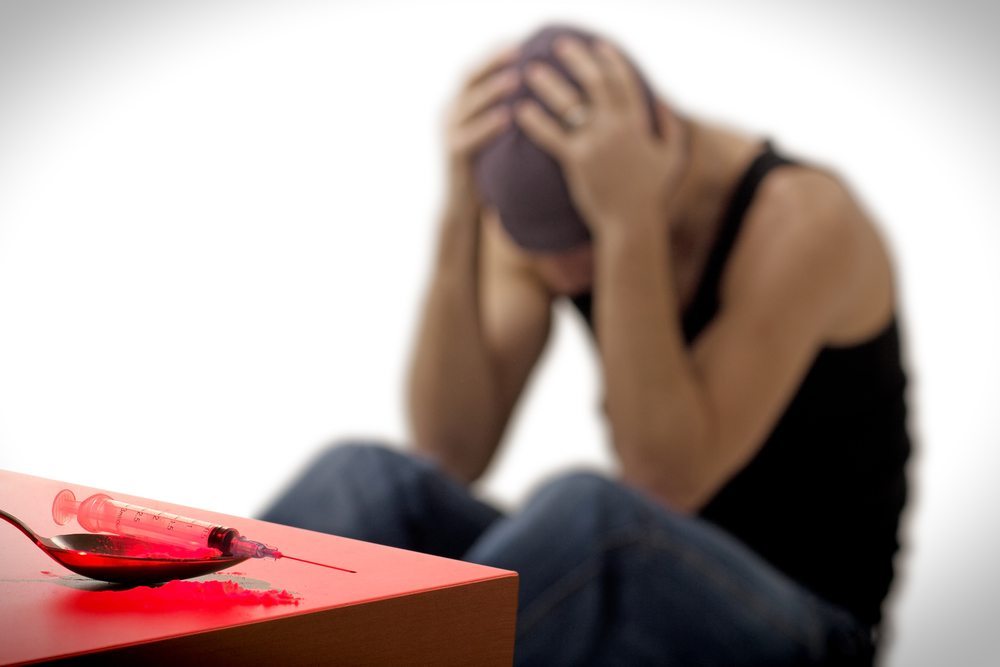
Drug addiction is a disease that can tear families apart. Making that decision to seek help is not easy; it requires patience and a lot of courage. In the end, the time spent working oneself is worth it. The first thing that patients are taught when they start recovery is that it is a process with stages. The first step is visiting an opioid addiction specialist in Newport Beach, committing to the program, and seeing it through to the end. They are also taught how to avoid relapse and the early signs to watch out for.
Most people who decide to live a sober life do not relapse, but that does not mean there is no risk of relapse. Below is an outline of five rules that can help you avoid relapse during your recovery process.
- Commit to a Long Term Addiction Treatment
As stated earlier, addiction is a chronic disease with no quick fix. You cannot go in for one month of therapy and decide you are healed for good. You need to sign up for an intensive treatment program for an adequate time, and later follow it up with ongoing support. Having a support system is crucial for a person in recovery. Studies show that addicts who engage in participation therapy have a reduced risk of relapse.
- Learn to Identify and Manage Triggers
People who develop unhealthy habits have specific circumstances that make them more likely to engage in unhealthy habits. What may stir up one addict does not necessarily trigger the same reaction in another. Some common triggers include fatigue, stress, peer pressure, and feeling guilty. In some cases driving down a road where drugs are sold can be a trigger. In the program, you learn to identify your triggers and some techniques to manage them. Identifying your triggers is essential, especially in the early stages of recovery, when the urges are so strong.
- Rely on Others for Support
It is critical to understand that going through it alone does not yield the best results. It is vital to get rid of toxic friends and surround yourself with individuals who are supportive of your cause. You will be encouraged to take advantage of support groups because they are going through the same pressure as you are. Addicts in support groups have proven to be better at resisting relapsing, and if they do relapse, they recover faster.
- Use Medication Only When Appropriate
Getting clean can take a toll on some people, which is why specific medication was developed to help patients manage their cravings and help them avoid relapsing. For people struggling with an opioid disorder, medication such as methadone can reduce cravings. However, the medication should only be used with supervision.
- Take Care of Yourself Physically
For many people, triggers are related to negative emotions, which can be fueled by fatigue and poor diet. One of the best ways to reinforce your sobriety resolve is to stay healthy. You cannot continue living the same life you were living even when sober. You need to get 8 hours of sleep every night. Regular exercise such as going for a jog can boost your mood, strength, and motivation.
If you are a recovering addict, it is essential to be realistic about the possibility of a relapse. Only by accepting it can you take concrete steps to prevent a relapse.